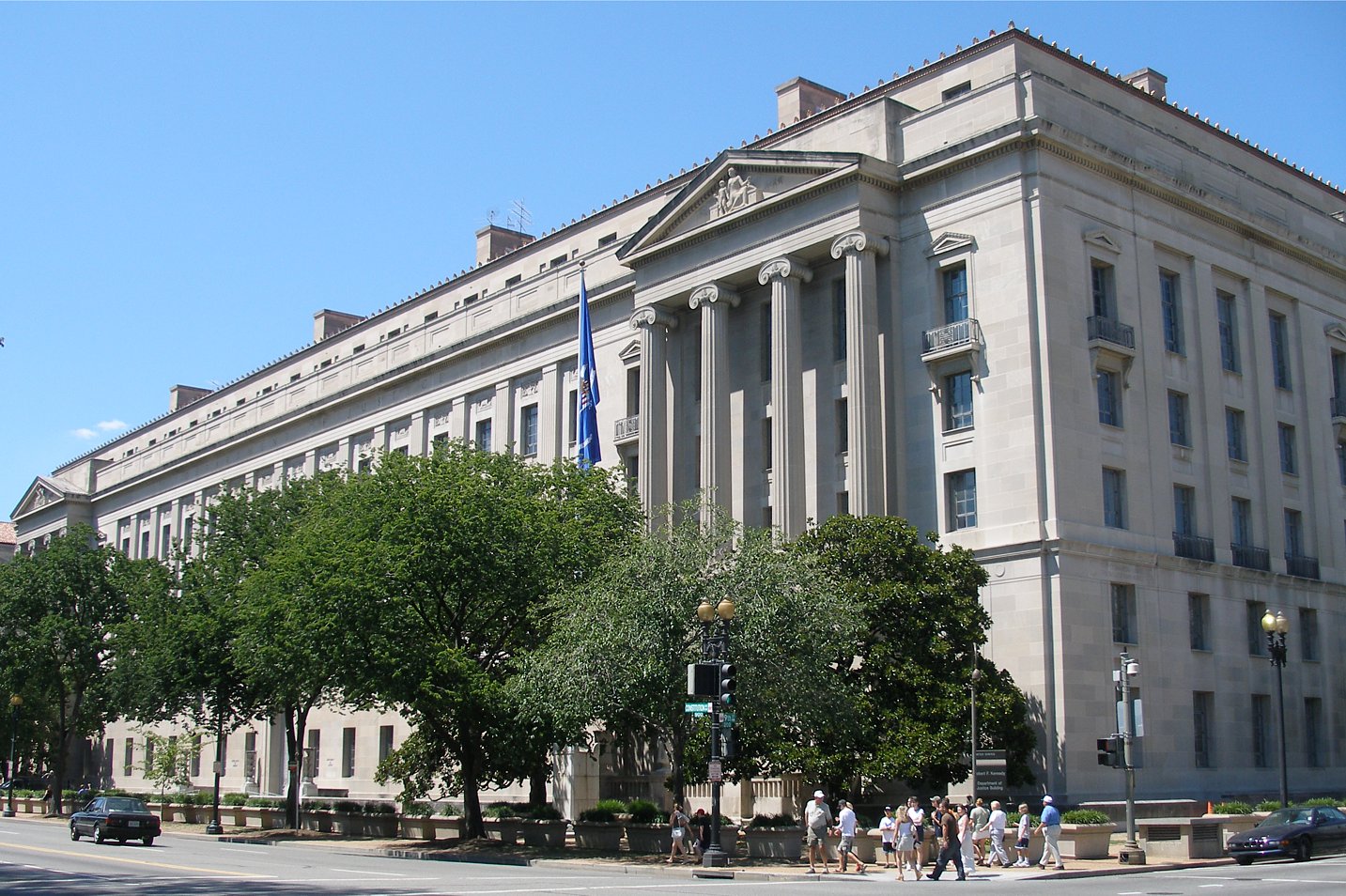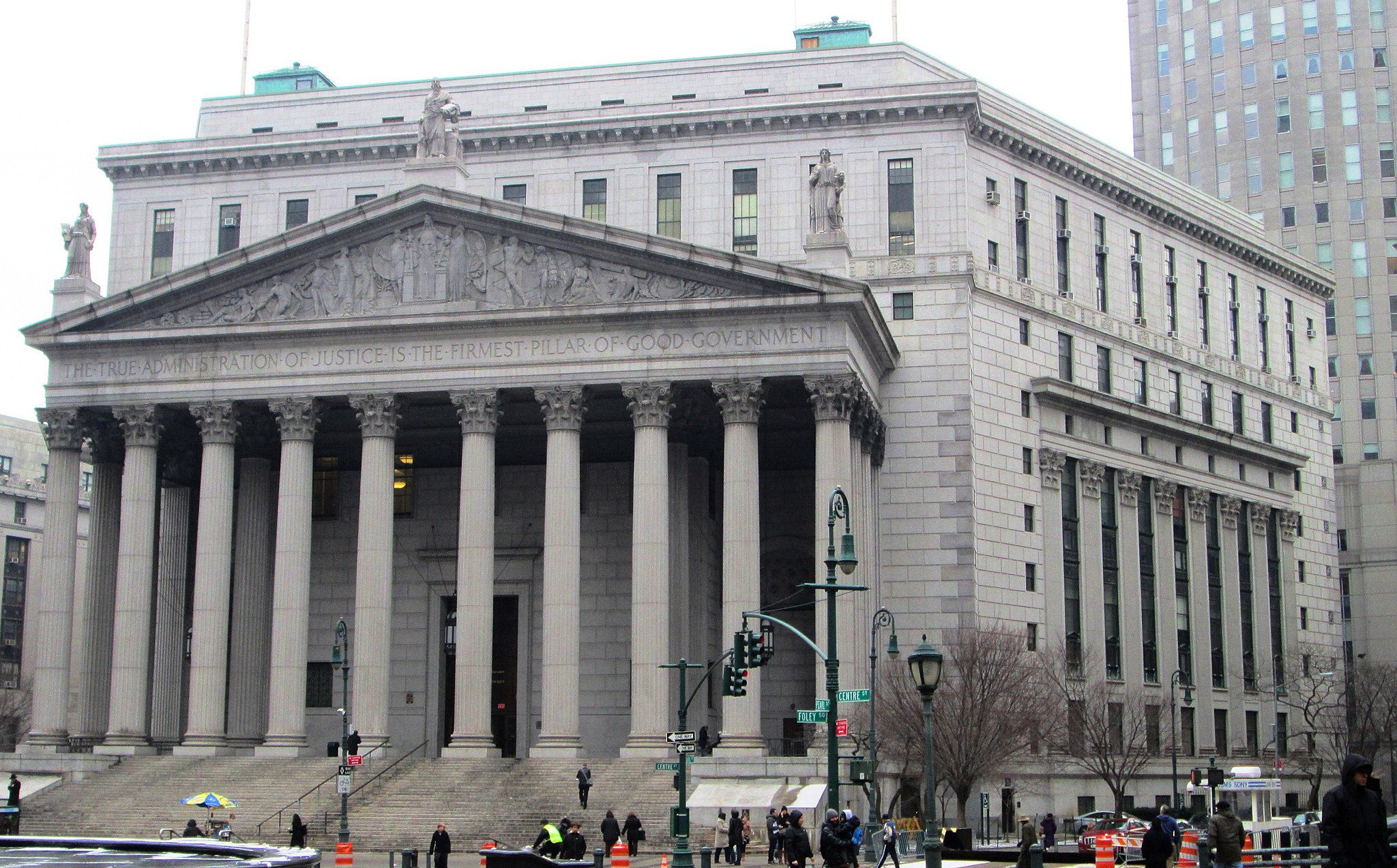Does Trump's North Korea Travel Ban Actually Ban Any North Koreans?
The White House’s newest proclamation amending the administration’s travel ban now includes North Korea. The proclamation bans entry of persons from specific countries that would be “detrimental to the interests of the United States” under the premise of protecting the United States from terrorism and national security threats.
Published by The Lawfare Institute
in Cooperation With

The White House’s newest proclamation amending the administration’s travel ban now includes North Korea. The proclamation bans entry of persons from specific countries that would be “detrimental to the interests of the United States” under the premise of protecting the United States from terrorism and national security threats. Citing North Korea’s refusal to cooperate “in any respect” and their failure “to satisfy all information-sharing requirements,” the United States government will suspend entry for nationals of North Korea effective October 18, 2017. The proclamation states explicitly:
(i) North Korea does not cooperate with the United States Government in any respect and fails to satisfy all information-sharing requirements.
(ii) The entry into the United States of nationals of North Korea as immigrants and nonimmigrants is hereby suspended.
The proclamation does include a number of exceptions to this expanded ban, notably for dual nationality, diplomacy, and asylum:
(b) Exceptions. The suspension of entry pursuant to section 2 of this proclamation shall not apply to:
(iv) any dual national of a country designated under section 2 of this proclamation when the individual is traveling on a passport issued by a non-designated country;
(v) any foreign national traveling on a diplomatic or diplomatic-type visa, North Atlantic Treaty Organization visa, C-2 visa for travel to the United Nations, or G-1, G-2, G-3, or G-4 visa; or
(vi) any foreign national who has been granted asylum by the United States; any refugee who has already been admitted to the United States; or any individual who has been granted withholding of removal, advance parole, or protection under the Convention Against Torture.
There is, however, a catch. Article 3 South Korea’s constitution states that:
The territory of the Republic of Korea shall consist of the Korean peninsula and its adjacent islands.
Article 2 of the Nationality Act of the Republic of Korea extends this:
A person falling under any of the following subparagraphs shall be a national of the Republic of Korea at birth:
(1) A person whose father or mother is a national of the Republic of Korea at the time of the person's birth;
(2) A person whose father was a national of the Republic of Korea at the time of the father's death, if the person's father died before the person's birth;
(3) A person who was born in the Republic of Korea, if both of the person's parents are unknown or have no nationality.
Together, the ROK Constitution and the Nationality Act offer ROK nationality to all North Koreans. The North Korean Refugees Protection and Settlement Support Act of 1997 says that:
This Act shall apply to residents escaping from North Korea, who have expressed their intention to be protected by the Republic of Korea.
Any North Korean refugee is eligible for South Korean citizenship and protection as long as he or she willfully seeks it and undergoes an ROK vetting process to exclude serious criminals and those suspected of “disguised escape.”
If any North Korean who desires it is entitled to South Korean citizenship--and, crucially, a South Korean passport--this does raise a question as to whether the North Korea provisions in the ban are effectively a nullity. Who, if anyone, does it bar?
Certainly it prevents those individuals travelling to the United States on a North Korean passport. In 2016, the U.S. only issued 100 non-immigrant and nine immigrant U.S. visas to North Korean citizens. The precise nature of those entrants is unclear. It’s possible they were largely North Korean diplomats who would refuse to accept or recognize South Korean status--and thus would be barred. It should be noted, however, that Trump's latest travel ban excludes any foreign nationals traveling on a diplomatic visa. By contrast, new North Korean defectors in South Korea numbered more than 1400 last year. Generally speaking, it is nearly impossible for an ordinary North Korean to receive a passport and leave the country. Those that do, often under visas issued to “visit relatives in China,” have the ability to defect through visiting an embassy in China and seek South Korean citizenship. This process, coined a “passport escape,” offers one of the few ways for North Koreans to defect from the regime under the protection of dual nationality and thereby access the United States. Regardless, any North Korean who successfully escapes using alternative methods can seek the protection of South Korean citizenship, assuming China does not forcefully repatriate them despite warnings from the U.N.
Practically speaking, Trump’s latest travel ban may not actually bar any North Koreans who are capable of entering the United States in the first place.




